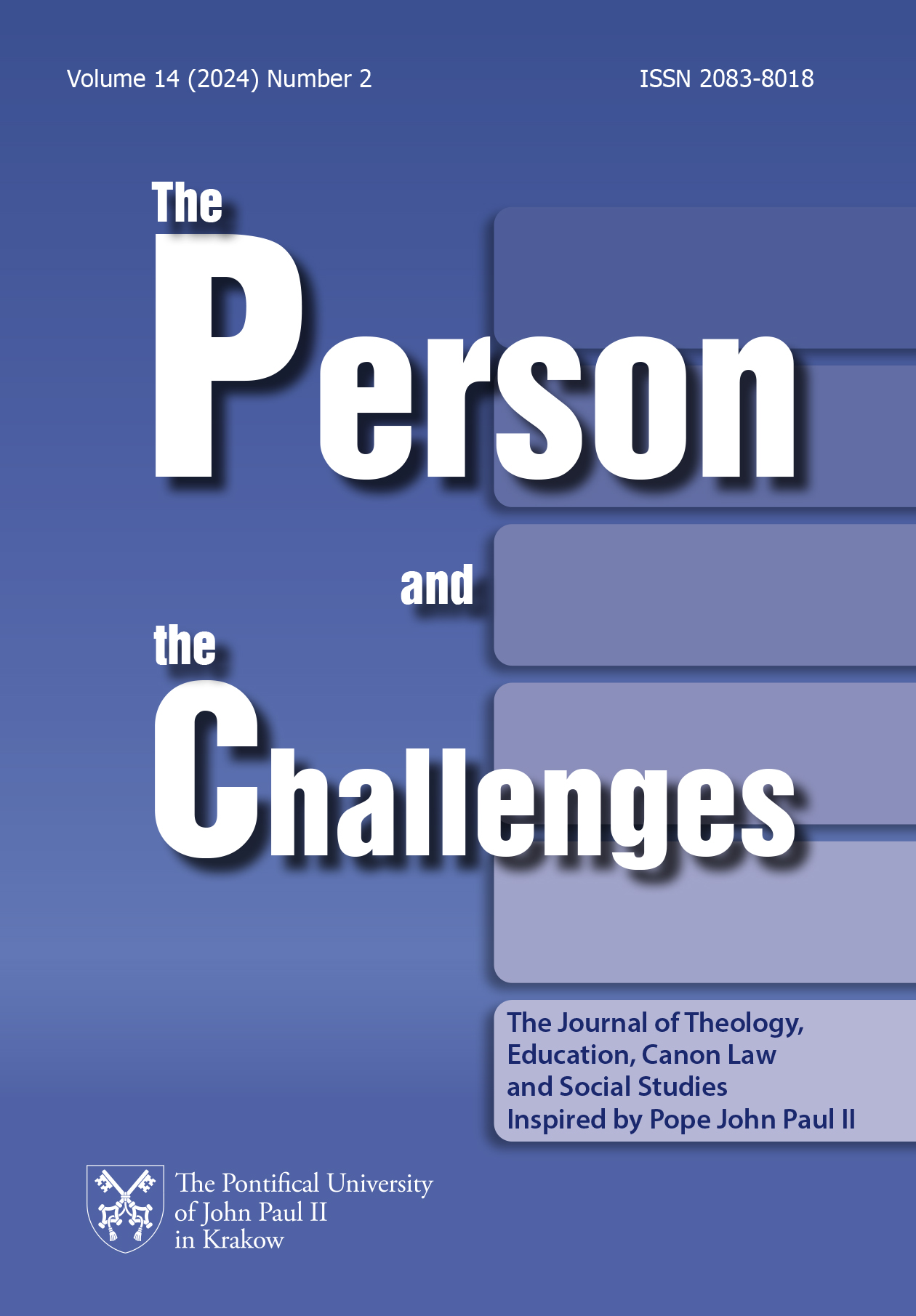Defining Work Ethics in the Modern Labour Market: Ethical Competence Criteria Emerging from Technological Development and Moral-Theological Documents
Defining Work Ethics in the Modern Labour Market: Ethical Competence Criteria Emerging from Technological Development and Moral-Theological Documents
Author(s): Dariusz Raś, Marek Jabłoński, Anna Prusak, Piotr ZmudaSubject(s): Ethics / Practical Philosophy, Labor relations, Social Informatics
Published by: Wydawnictwo Naukowe Uniwersytetu Papieskiego Jana Pawła II w Krakowie
Keywords: ethical competence; work; competence profile; dignity; encyclicals; automation; AI
Summary/Abstract: Ethical competence is not an easily defined concept, especially with respect to the job requirements resulting from new technologies and digital transformation of the economy. The present paper attempts to define the competence profile of a worker in knowledge-based economy and workplaces using automation and digital technologies, but in relation to sources from encyclicals and other moral-theological documents. This profile includes specific ethical criteria, which are relevant and valid regardless of the times. Moreover, in the face of technological progress in modern economies, these criteria seem to have the power to influence the effectiveness of work processes. Thus, features such as respect for human dignity, responsibility, honesty, quality, courage, trustworthiness, justice, and secrecy should be considered as key for recruitment and evaluation of human capital in the modern labour market. As these are values mentioned in moral-theological documents, including papal encyclicals, they refer to the essence of human work and ensure that no man is reified.
- Issue Year: 14/2024
- Issue No: 2
- Page Range: 79-97
- Page Count: 19
- Language: English

